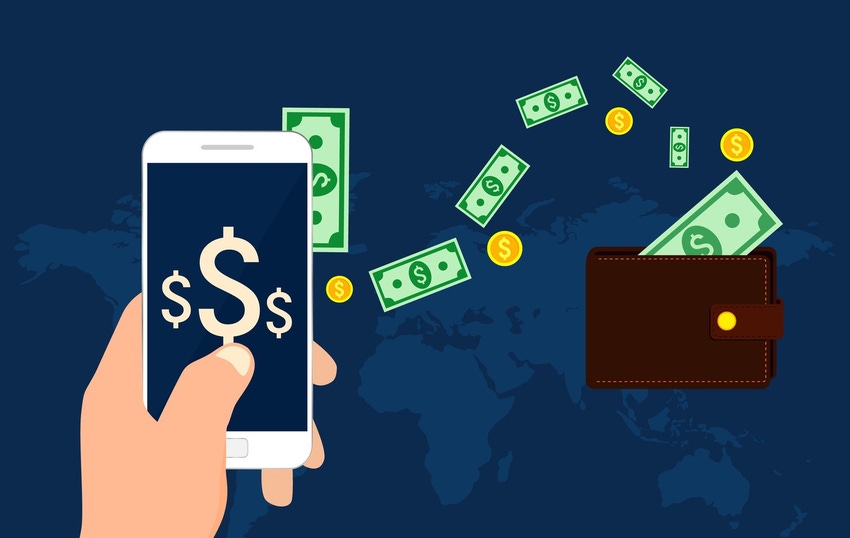Consumer spending via operator billing will triple to top $100bn in 2025 – research
A study by Juniper Research projects the global consumer spending through direct carrier billing will grow from $33 billion in 2019 to $100 billion in 2025, with a key driver being the shift to subscription-based monetisation model of digital services.
August 5, 2020

A study by Juniper Research projects the global consumer spending through direct carrier billing will grow from $33 billion in 2019 to $100 billion in 2025, with a key driver being the shift to subscription-based monetisation model of digital services.
Like many other digital channels, direct carrier billing has benefited from the lockdown imposed during the COVID-19 crisis, the report said. Direct carrier billing solution providers like Boku, DOCOMO, and SLA Digital all reported increase in consumer spending. While a large portion of the transactions was on entertainment.
But the report, despite being titled “Direct Carrier Billing: Mitigating the Impact of COVID-19”, goes beyond the immediacy of the pandemic impact. It analyses the growth trajectory of direct carrier billing, the main drivers behind it, and the dynamics between carrier billing vendors and digital service providers. It sees the shift from one-off purchase to subscription-based model of video, music, and especially games as a key driver to make the business’s potential come true.
“We identified digital gaming subscription services as an immediate opportunity for carrier billing vendors,” said Sam Barker, a co-author of the report. “Partnering with services such as Microsoft’s Xbox Game Pass and Google Stadia will allow operators to swiftly increase their carrier billing offering by supporting payments for highly sought after services,” Barker added.
This is an area which is beginning to look much more profitable. Deezer’s expansion in Latin America by piggybacking on América Móvil was a classic example. Including the so-called OTT services, both globally popular and locally relevant, like Spotify or BT Sport, in telecom operators’ packages to increase their consumer appeal has also become a common practice.
The leading application stores have also embraced DCB as an effective way to increase consumer spending. Apple’s App Store increased the number of operator partnerships offering consumers DCB from two in late 2015 to 104 by the middle of 2020. Google’s Play Store has also been expanding its DCB offers to new markets. But not all digital stores are keen to go down this route. Microsoft in recent years has pulled out of a number of DCB partnerships in emerging markets, which may provide growth opportunities, but “they also bring risks such as bad debt amongst users which Microsoft may be trying to avoid.”
Looking forward, Juniper Research believe the gains made during COVID-19 may actually turn into long-term growth, as DCB’s flexibility may convince otherwise casual digital consumers to stay. Additionally, DCB makes it possible for those consumers without bank cards, especially those in the emerging markets or young users, to easily pay for digital services.
But this is not without risk. For example, the transaction experience should be friction free. When there are too many steps to take consumers can be easily put off, especially the impulse purchase.
“The more time that is required by an end user to spend on a transaction, the less likely they are to complete it,” the research found.
About the Author(s)
You May Also Like








.png?width=300&auto=webp&quality=80&disable=upscale)


_1.jpg?width=300&auto=webp&quality=80&disable=upscale)


.png?width=800&auto=webp&quality=80&disable=upscale)